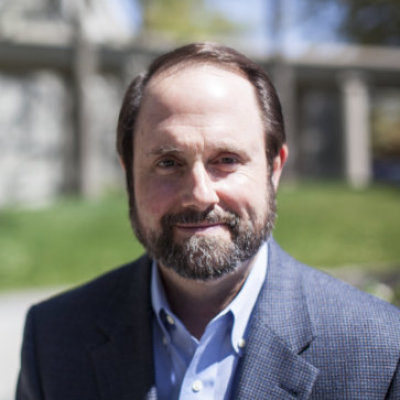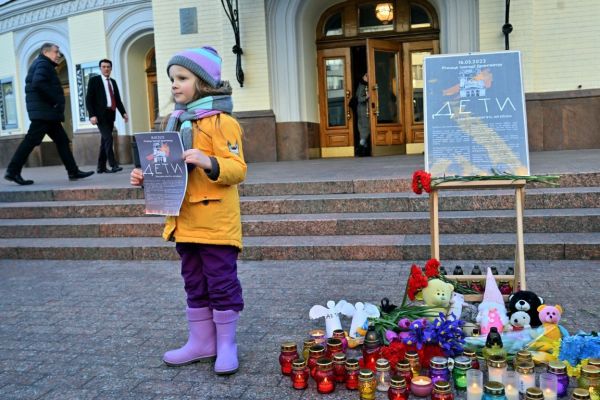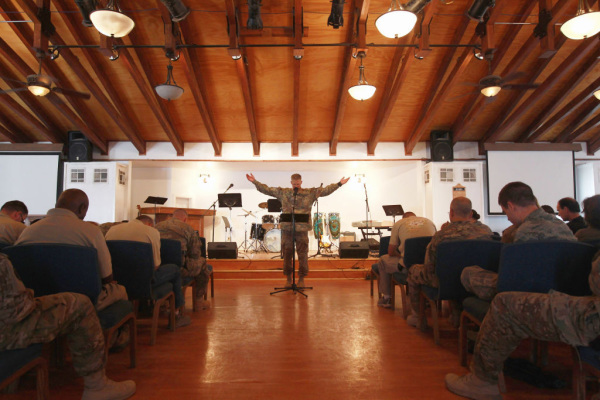What I learned about pandemics: Trusting in our prayers vs. trusting in God

Four more patients in Washington state died of coronavirus. A patient in San Antonio, Texas, was mistakenly released from isolation Saturday by the CDC before her lab results tested positive for coronavirus. She visited a mall and a hotel before she was quarantined again. And the World Health Organization reported that a dog in Hong Kong tested positive for the virus. They are urging those infected to restrict contact with pets and other animals.
The Louvre in Paris has been closed due to coronavirus fears. A major car show in Geneva, Switzerland, has been canceled. Nike closed its European headquarters in the Netherlands after an employee was infected with coronavirus; the campus will be sanitized before reopening.
I’ve been studying pandemics from medical and historical perspectives. This morning, we’ll look at some of what I’ve discovered, then focus on a biblical principle of urgent significance today.
“The worldwide spread of a new disease”
The World Health Organization (WHO) describes a pandemic as “the worldwide spread of a new disease.” By this description, we are witnessing several pandemics today.
The WHO estimates that there were 228 million cases of malaria worldwide in 2018, with 405,000 deaths. Almost half the world’s population—about 3.2 billion people—are at risk. The disease kills a child every two minutes.
According to Dr. Christian W. McMillen’s excellent introduction to pandemics, cholera is in its seventh pandemic. It has lasted longer than any previous pandemic and shows no sign of easing. Researchers estimate that there are between 1.3 million and 4 million cases a year, with up to 143,000 deaths worldwide.
Tuberculosis might be the oldest human disease, but this pandemic is still with us as well. Due to multidrug-resistant TB, extensively drug-resistant TB, poor infection control, and drug shortages, tuberculosis now kills more people than at any other time in history.
And the AIDS pandemic has infected approximately 37.9 million people around the world, with 1.7 million new infections in 2018. According to the WHO, since the beginning of the epidemic, 75 million people have been infected with the HIV virus; about 32 million have died.
Dr. McMillen notes that as commerce becomes more global, we can expect pandemics to rise. International trade networks and human migration via steamships and rail lines helped distribute the plague in the early twentieth century. The pandemic influenza spread of 1918 was made possible by newly built transportation and trade networks and the heightened mobility brought on by World War I. As our world becomes even more globally connected, we can expect to see more threats rise.
One way Satan uses our faith against us
By taking the time to read this article, you are likely a person who follows Jesus. In light of coronavirus and other pandemics, let’s think about one way our enemy would use our commitment against us.
Joseph was given dreams of great leadership and authority (Genesis 37:5–9) but found himself in slavery and then in prison before he rose to power. Daniel went from being “distinguished above all the other high officials and satraps” to being thrown into the lions’ den (Daniel 6:3, 16).
Peter went from preaching at Pentecost (Acts 2) to being arrested (Acts 4:3) and beaten (Acts 5:40). Paul went from founding a church in Philippi to being beaten and jailed there (Acts 16:15, 23).
Clearly, God’s people are as susceptible to pandemics and other suffering as anyone else.
Here’s my point. I assume that you are praying for protection from the coronavirus for yourself and your loved ones and friends. So am I. But we commit the sin of presumption when we assume that our faith obligates God to answer these prayers as we wish.
It is an insidious strategy of Satan to lead us to trust our prayers more than the One to whom we pray. Rather, we should “pray without ceasing” (1 Thessalonians 5:17) but then trust our Father for what he knows is best.
“To you, O Lord, belongs steadfast love”
If anyone in the Bible could have trusted in his relationship with God more than in God, it would have been King David, the only person described by the Lord as “a man after my own heart” (Acts 13:22 NIV). And yet he testified, “For God alone my soul waits in silence; from him comes my salvation. He alone is my rock and my salvation, my fortress; I shall not be greatly shaken” (Psalm 62:1–2).
David called his nation to join him in such dependence on God: “Trust in him at all times, O people; pour out your heart before him; God is a refuge for us” (v. 8). He knew that mortality comes to all: “Those of low estate are but a breath; those of high estate are a delusion; in the balances they go up; they are together lighter than a breath” (v. 9). And he knew not to trust material wealth: “If riches increase, set not your heart on them” (v. 10).
He concluded: “Once God has spoken; twice I have heard this: that power belongs to God, and that to you, O Lord, belongs steadfast love” (vv. 11–12).
As the coronavirus epidemic escalates, we can trust in our faith in God or we can trust in God, but we cannot do both.
Which do you choose today?
Originally posted at denisonforum.org





















